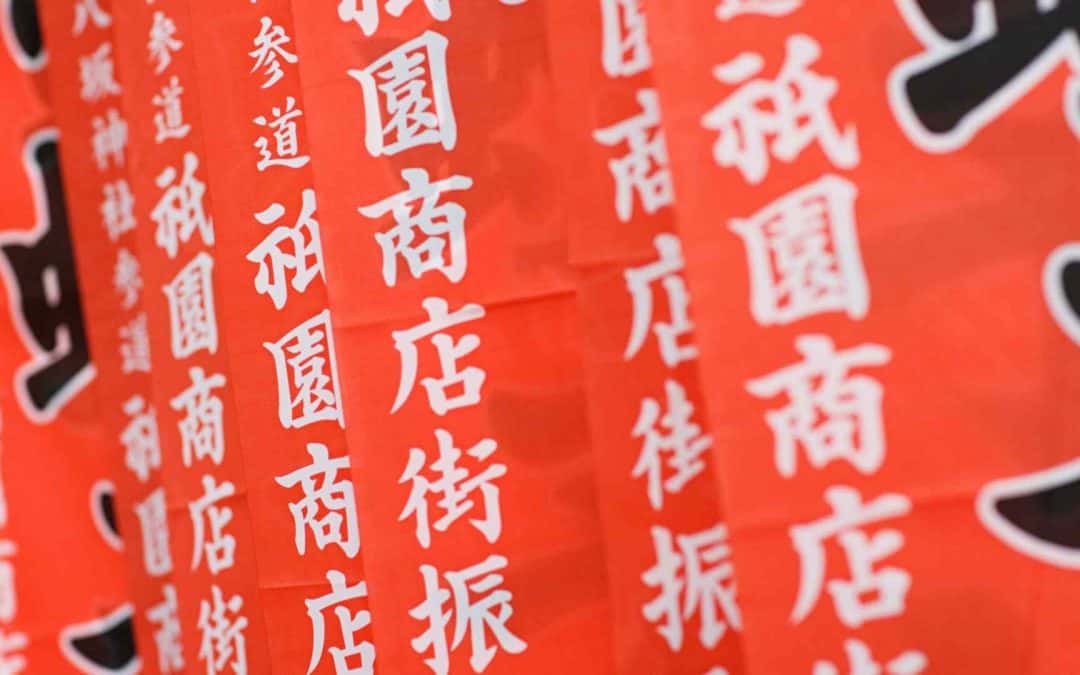Japanese onomatopoeia is a very unique part of the Japanese language. The Japanese language itself can be kind of vague and indirect, but Japanese onomatopoeia fills the gap and provides precise ways to describe feelings, texture, sounds, movements and appearances. There are thousands of Japanese onomatopeia and here are 25 of the most commonly used Japanese onomatopeia.
One of the best ways to explore Tokyo is to visit the local areas and immerse yourself in the local culture. If you want to explore local areas, we have created scavenger hunt adventures personalised to your interests, filled with fun facts, clues and puzzles. If you’re curious, you can check out the games here! Check out the Flip Japan Games here! |
If you are learning Japanese phrases or want to grasp the Japanese language quickly and easily, check out our FREE Japanese language 5-day challenge! You will be able to master simple casual Japanese conversation in just 5 days!
Want to find out more about Japan language? Check out:
- Top 30 Japanese slangs to help you sound like a pro
- Common mistakes people make when learning Japanese
- Best way and tips to learn the Japanese language quickly and easily
- Japanese Phrases For Your Night Out in Tokyo
- Useful Japanese slangs
- Japanese onomatopoeia
There are five types of Japanese onomatopoeia, which are:
- Giseigo, which imitates the very specific voices and sounds made by humans or animals
- Giongo, which describes sounds, usually created by nature or particular objects
- Gitaigo, which describes a situation or a condition.
- Giyougo, which is used to describe movements and actions
- Gijougo, which is used to describe feelings
Giseigo 擬声語

Wan Wan ワンワン
Wan wan is used to describe the sound made by a dog, similar to “wolf”.
Dog: “Wan Wan”
Nya- Nya- ニャーニャー
“Nya- Nya-” is used to describe the sound made by a cat, similar to “meow”.
Cat: “Nya- Nya-“
Ufufuうふふ
“Ufufu” is used to describe a small chuckle or a laugh
Ahaha あはは
“Ahaha” is used to describe a big laugher.
Pera Pera ペラペラ
“Pera Pera” is used to describe the sound of someone who speaks a language fluently.
Giongo 擬音語

Za- Za- ザーザー
“Za- Za-” is used to describe the sound of heavy rain.
Byu- Byu- ビュービュー
“Byu- Byu-” is used to descreibe the sound of the strong winds)
Sara Saraさらさら
“Sara Sara” describes the sound of leaves rustling.
Dokanドカン
“Dokan” is used to describe loud noise made by an explosion or a lot of impact.
Chin チン
“Chin” is used to describe the sound of the microwave.
Gitaigo 擬態語

Kira Kiraきらきら
Kira kira means “shiny” and it can be used to describe the shiny surface of the ocean or a lake reflection the sun.
Tsuru Tsuru つるつる
“Tsuru Tsuru” means “slippery”. For example, when it’s raining outside and the ground is slippery, you can use “tsuru tsuru”.
Fuwa Fuwa ふわふわ
“Fuwa Fuwa” means soft and fluffy. You can use “fuwa fuwa to describe soft plushies, a bed or a blanket.
Gucha Guchaぐちゃぐちゃ
“Gucha gucha” means “messy”. You can use “gucha gucha” to describe a room that’s messy.
Bara Bara ばらばら
“Bara Bara” refers to things are scattered everywhere. It can also be used to describe things or people are being separated, or when something is falling apart.
Giyougo 擬容語

Uro uroうろうろ
“Uro uro” means aimlessly wandering, hanging around the area.
Gun gunぐんぐん
“Gun gun” means steadily, things are being carried out in order.
Bata bata ばたばた
“Bata Bata” means flapping. It can be used to describe birds flying, a kid kicking with his rain boots in the rain. It can also be used to describe doing something quickly and rapidly. For example, someone that cleans the house or does the office work quickly can be described as “bata bata”.
Noro noro のろのろ
“Noro noro” means slowly and sluggishly. It can be used to describe a train that is crawling and very slow, or to describe someone’s that very slow.
Boutto ぼうっと
“Boutto” means vacant, cloudy, unclear or absent minded. It can be used to describe someone standing on the side, looking like they are daydreaming. Or someone that’s very tired or drunk.
Gijougo 擬情語

Ira Ira いらいら
“Ira ira” means annoyed, irritated or impatiently. It is used to describe the feeling when something is annoying you.
Uttori うっとり
“Uttori” is used to described fascinated, amazed by something)- for example when you see something beauty
Bikkuri びっくり
“Bikkuri” is used to descirbe the feeling of being surprised. For example if someone jumps out and scare you, you can use the word “bikkuri”.
Dan Dan だんだん
“Dan dan” is used to describe changing slowly. It can be used to describe a slow change with weather, temperature, or used for describing statistics.
Niko niko にこにこ
“Niko niko” means smilingly. You can use “niko niko” to describe someone or even an animal that is smiling and grinning.
—
Learning a new language can be challenging but with the right tools, it will be a more fun and exciting journey for you. To get your foot in the door in the world of Japanese language, we have prepared a 5-day challenge for you. Each day, we will send you an email with easy and quick tips for learning Japanese language and essential Japanese phrases straight to your mailbox. By the end of the 5-days, you will be able to hold a small conversation in Japanese! It is completely free so if you’re interested, just click here to sign up!
Want to find out more about Japan? check out 40 most commonly used Japanese abbreviations and Useful Japanese travel phrases for your everyday life in Japanand Useful Japanese travel phrases for your everyday life in Japan blog here: and Top 30 Japanese slangs to help you sound like a pro.
Stay tuned for more information about Japan travel, Japanese culture, moving to Japan, living in Japan, Japanese language and more.


Recent Comments